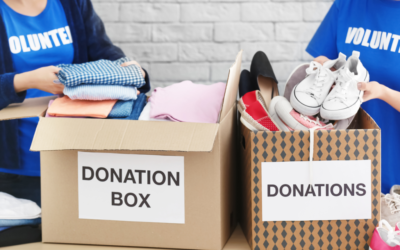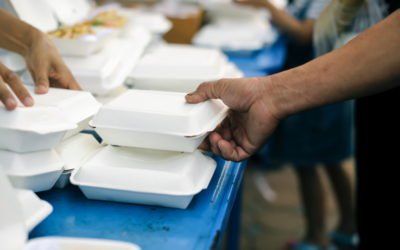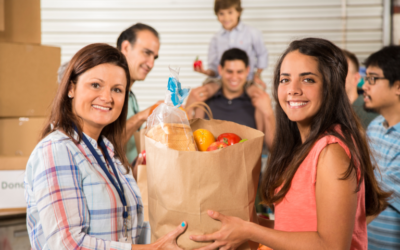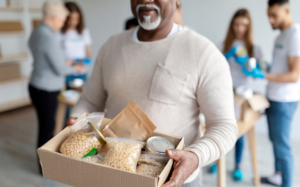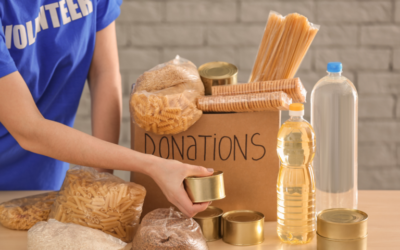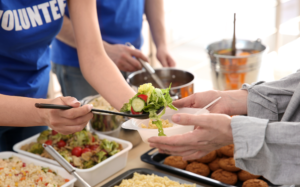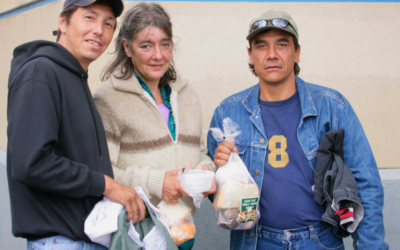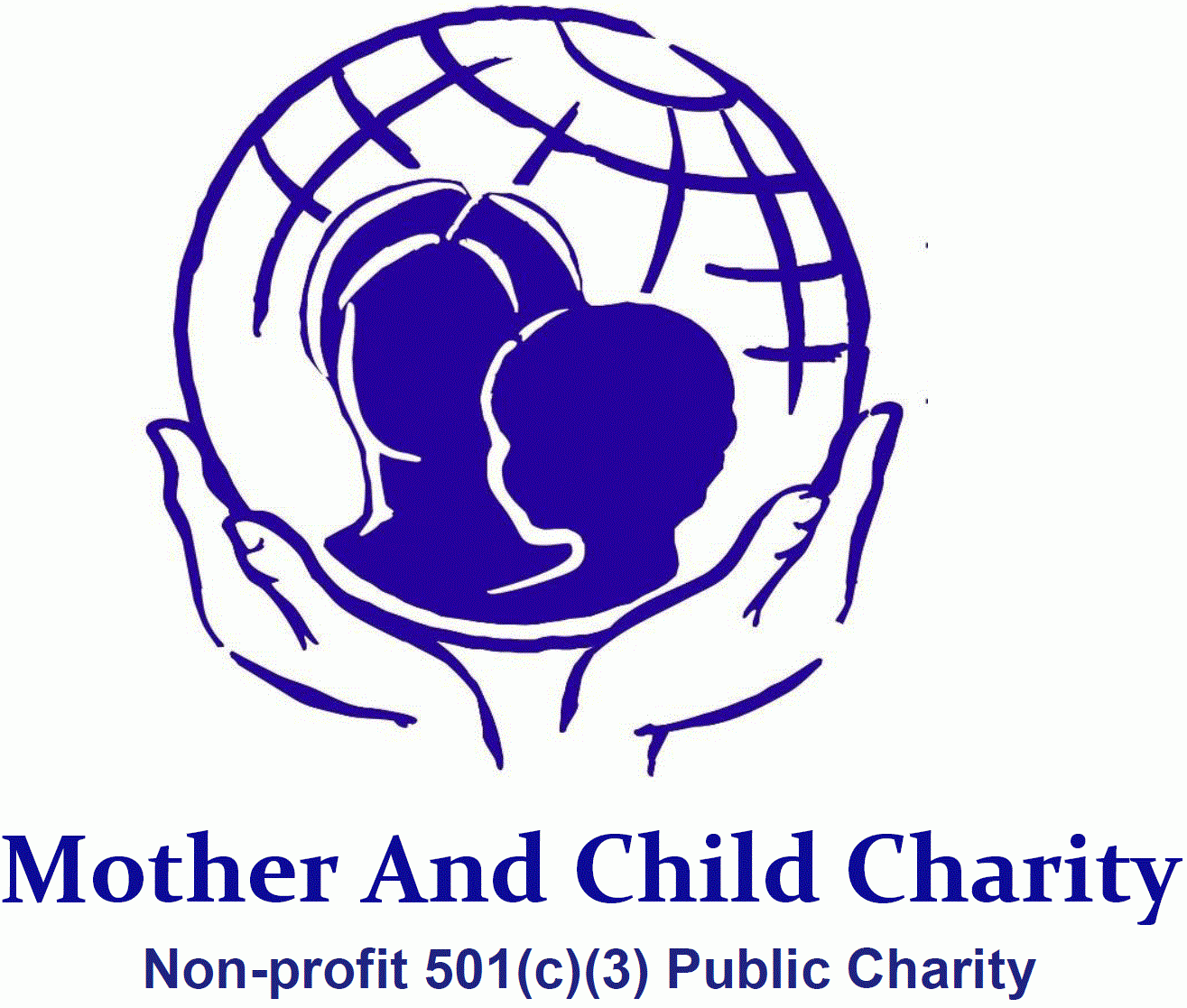Our services for adults
Life presents its share of challenges, and individuals may unexpectedly find themselves in difficult situations. Poverty in America often revolves around the lack of basic necessities and a sense of insecurity. While we may not witness starvation in The United States of America, poverty here can lead to malnutrition and health issues that are not typically associated with First World countries. Poverty can stem from various factors, including job loss, financial stress, strained family relationships, abusive partners, substance abuse, limited education, or mental health issues. It’s essential to recognize that no one deserves to live in poverty.
Mother and Child, with your support, strive to extend humanitarian services and aid to individuals, particularly those with disabilities who are navigating challenging transitions. Presently, we are concentrating on three programs to assist homeless individuals: the Adult Care Bag, Food Box, and the “Next Meal on Us” initiative. Our objective is to introduce additional programs in the near future, and your support will enable us to achieve our goals more swiftly.
You can contribute to our programs through online fundraisers or direct donations. Mother and Child Charity is dedicated to providing essential items to those in need through our Outreach efforts, and we rely on the generosity of the public to make a difference in the lives of these individuals.
Adult care bag program
The Adult Care Bag Program provides essential support to individuals in need by offering hygiene supplies, personal care items, clothing, food, personal identification resources, comfort items, and information. This program aims to enhance well-being, promote dignity, and empower individuals facing challenging circumstances.
Overall, an adult care bag is designed to meet both practical and emotional needs, offering support, dignity, and comfort to individuals who may be facing challenging circumstances.
Here are some details for the items included in an adult care bag:
- Hygiene Supplies: These essentials help maintain personal cleanliness and hygiene, promoting overall well-being and self-esteem. Having access to these items can make a significant difference in an individual’s comfort.
- Personal Care Items: Beyond basic hygiene, personal care items like a comb or brush, nail clippers, and hand sanitizer contribute to a sense of self-care and dignity, allowing individuals to feel more put-together.
- Clothing: Clean clothing, including socks, underwear, and a comfortable T-shirt, provides not only physical comfort but also a renewed sense of cleanliness and confidence.
- Food and Nutrition: Non-perishable store purchased food items and water ensure that individuals have access to sustenance, especially when they may not have regular access to meals. Nutritional supplements can help address specific dietary needs.
- Personal Identification and Documents: Providing copies of important identification documents and information on local resources empowers individuals to access assistance and services more effectively, such as shelters and support programs.
- Comfort Items: Items like a blanket or warm throw, disposable hand warmers during cold weather, and reading materials offer physical and emotional comfort. These items can provide a sense of security and help pass the time more comfortably.
food box program
A detailed food box includes a variety of non-perishable items to provide balanced nutrition and sustenance. It typically contains canned proteins, grains, canned vegetables and fruits, protein sources like peanut butter, healthy snacks, cooking essentials, easy meal solutions, nutritional supplements if available, hydration options, information on local resources, and cooking instructions to help individuals prepare simple meals with the provided ingredients.
A well-organized food box is designed to offer a variety of non-perishable food items to meet basic nutritional needs while considering ease of preparation. It aims to provide recipients with balanced, nourishing options and information to help them access additional resources in their community.
Here’s a more detailed breakdown of the items typically included in a food box for individuals in need:
- Canned Proteins: These provide essential protein and include options like canned tuna or chicken for versatility in meal preparation.
- Non-Perishable Grains and Carbohydrates: Staples like rice, pasta, oatmeal, crackers, and instant noodles serve as filling, energy-rich sources of carbohydrates.
- Canned Vegetables and Fruits: Canned vegetables such as corn, peas, and carrots, along with canned fruits like peaches and pears, offer important vitamins and minerals.
- Protein Sources: Peanut butter or almond butter are excellent sources of protein, and canned or dried beans add variety to meals.
- Dried Goods: Dried fruits, trail mix, powdered milk, instant coffee or tea, and basic spices enhance flavor and nutritional value.
- Healthy Snacks: Items like granola bars, nuts, dried fruit provide quick and nourishing snacks.
- Cooking Essentials: Cooking oil, condiments (e.g., ketchup, mustard, mayonnaise), and basic spices like salt and pepper facilitate meal preparation.
- Easy Meal Solutions: Canned pasta or chili, instant soup mixes, boxed macaroni and cheese, and instant mashed potatoes offer convenient meal options.
- Nutritional Supplements: Multivitamins and protein powder or shakes, if available, can help address specific dietary needs.
- Hydration: Bottled water or a reusable water bottle ensures access to clean drinking water. Powdered drink mix like electrolyte drinks can be added for variety.
- Information on Local Resources: Providing a list of nearby food banks, soup kitchens, and community support services helps individuals access further assistance.
- Cooking Instructions: Including simple recipes or instructions for preparing meals with the provided ingredients ensures that recipients can make the most of the food box.Seize Your Moment
next meal on us program
The “Next Meal on Us” initiative is a compassionate program that offers individuals in need a meal to alleviate hunger and provide immediate nourishment. It supplies access to a nutritious and satisfying meal, demonstrating care and support for those facing food insecurity.
The “Next Meal on Us” initiative is a vital effort to provide immediate relief to individuals experiencing food insecurity. It not only addresses hunger but also sends a message of care and support to those facing difficult circumstances, offering a helping hand during challenging times.
Here are more details about the “Next Meal on Us” initiative:
Components:
- Meal Voucher or Food Delivery: The initiative can be structured in various ways. It may involve providing physical meal vouchers or collaborating with local restaurants or food delivery services to ensure individuals receive a hot, nutritious meal.
- Meal Variety: The program aims to offer a diverse range of meal options, accommodating dietary preferences and restrictions whenever possible, including options for vegetarian and vegan.
- Frequency: The initiative can be a one-time event or an ongoing effort, depending on available resources and community needs.
- Accessibility: Efforts are made to ensure that individuals can easily access their meal, either by visiting designated locations or receiving deliveries if mobility is limited.
- Awareness and Outreach: Effective communication and outreach campaigns are organized to inform those in need about the program and its availability, ensuring that it reaches those who require assistance.
- Collaboration: Collaborations with local businesses, restaurants, and food providers are established to maximize the impact of the program and support local communities.
- Safety Measures: In light of health and safety concerns, measures are put in place to ensure the safety and hygiene of the meal delivery or pickup process, particularly in situations involving food distribution during public health emergencies.
- Feedback Mechanism: A feedback mechanism may be established to gather input from recipients, allowing for program improvements and adjustments based on their needs and preferences.

